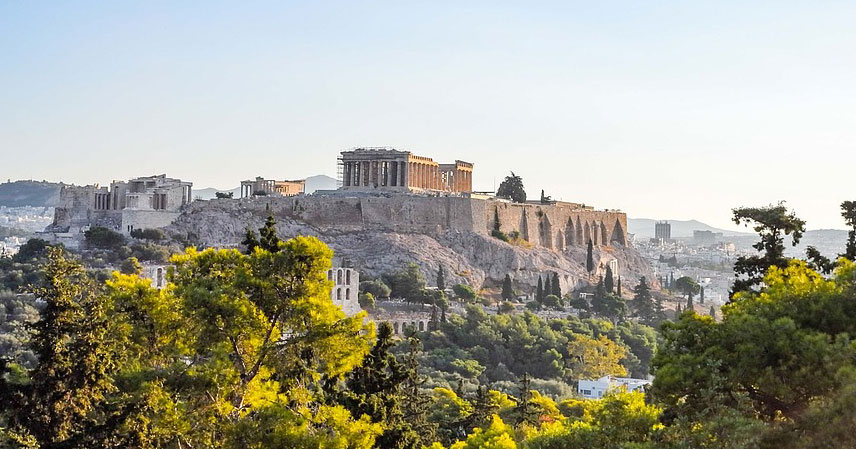The term “the West” is thrown around frequently, often implying a shared culture, values, and history. But what does it truly mean, and who gets to define it? Recent geopolitical shifts have prompted a re-evaluation of this concept, particularly questioning the role of America in shaping the modern understanding of the West. This blog post delves into the rich and complex history of this idea, challenging commonly held assumptions and exploring alternative perspectives.
While the current global landscape might suggest a weakening of the “West” as a unified entity, a closer examination reveals a more nuanced and enduring story. The narrative isn’t simply about the decline of American influence; it’s about a fundamental re-evaluation of what the West truly represents and where its origins lie.
What is the “West”? A Historical Overview 🤔
Defining “the West” is no easy task. Many associate it with the Cold War era, a time when a clear division existed between the Western and Eastern blocs, largely defined by the United States and the Soviet Union respectively. However, this view is a narrow interpretation, overlooking the centuries of complex historical developments that shaped the concept.
Some argue the West’s origins trace back to ancient Greece and its struggle against the Persian Empire. Others point to the Enlightenment and the rise of liberal democracy as defining moments. Still others emphasize the role of Christianity in shaping Western civilization.
The Role of American Influence 🇺🇸
The post-World War II era saw the United States emerge as a dominant global power, significantly shaping the perception of the West. The formation of NATO in 1949 solidified this American leadership, often leading to an association between the West and specifically American interests. This view, however, overlooks the significant contributions of European nations to the development of Western thought and culture.
The idea of a “Western alliance” led by the Anglosphere (primarily the US and UK) is a common, but arguably oversimplified, interpretation. While undeniably influential, this perspective overlooks the complex interplay of various European nations and their long-standing cultural and historical connections.
Challenging the Narrative: A European Perspective 🇪🇺
Historians are increasingly challenging the narrative of the West as primarily an American construct. Some argue that the idea of “the West” emerged much earlier, primarily within Europe itself, and not as a tool to justify imperialism, as some claim. The concept, they suggest, evolved organically over centuries, reflecting a shared cultural heritage and a distinct set of values.
This perspective emphasizes the long-standing intellectual and cultural exchanges within Europe, suggesting that the essence of “the West” predates American involvement. This constant reevaluation is what makes history so dynamic, whether it’s rethinking geopolitical concepts or discovering how ancient Thai skeletons rewrite the history of cultural practices.
The West Beyond the Cold War 🌍
The end of the Cold War didn’t mark the end of the West. Instead, it ushered in a period of re-evaluation and adaptation. The rise of globalization and the increasing interconnectedness of the world have challenged traditional notions of national identity and cultural boundaries.
This has led to a more fluid and inclusive understanding of the West, acknowledging the contributions of diverse cultures and perspectives. The future of the West will likely involve a re-negotiation of its core values and a more nuanced understanding of its historical trajectory.
Key Takeaways 🔑
- The concept of “the West” is complex and multifaceted, with a history extending far beyond the Cold War era.
- American influence has been significant, but the West’s origins and core values are rooted in European history and culture.
- The future of the West requires a reevaluation of its identity, embracing diversity and evolving global dynamics.
- Understanding the historical development of the “West” is crucial for navigating the complexities of contemporary international relations.
In conclusion, the idea of “the West” is far from a static or monolithic entity. Its definition and relevance are continuously shaped by historical events and ongoing global transformations. By understanding its complex and evolving nature, we can better appreciate its enduring significance and its potential for future adaptation.



